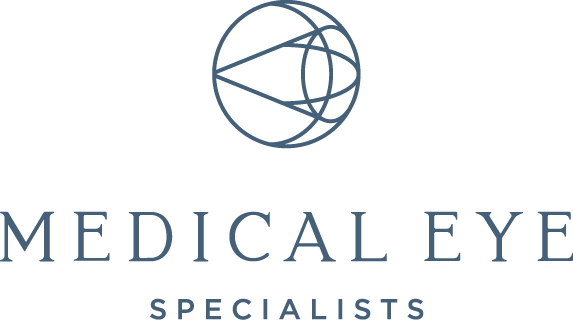Age-related macular degeneration is a progressive eye condition that can lead to severe vision loss. There are two forms of AMD: dry and wet. Both types affect the macula, which is the central part of the retina responsible for sharp, central vision, but they differ in terms of their characteristics, progression and treatment options.
Dry Macular Degeneration
Dry AMD is the more common form of macular degeneration, accounting for about 85-90% of cases. It is characterized by the gradual breakdown and thinning of the macula’s cells and the accumulation of small yellow deposits called drusen beneath the retina. These changes can lead to gradual vision loss.
Symptoms of dry AMD include blurred or distorted central vision, difficulty reading and problems recognizing faces or details. Vision loss in dry AMD tends to progress more slowly than in wet AMD.
Currently, there is no specific treatment for early dry AMD but new medications are becoming available that may have a role in slowing advanced forms of dry AMD called geographic atrophy. Certain lifestyle changes, such as eating a healthy diet rich in antioxidants and omega 3 fatty acids, quitting smoking, protecting your eyes from UV light, and regular eye exams can help slow the progression.
Wet Macular Degeneration
Wet AMD is less common but more aggressive than dry AMD. It is characterized by the growth of abnormal blood vessels beneath the retina. These blood vessels are fragile and can leak blood and fluid, causing damage to the macula and leading to more sudden and severe vision loss.
Symptoms of wet AMD may include straight lines appearing wavy, sudden dark spots in your vision, and rapid loss of vision. Unlike dry AMD, wet AMD can cause significant permanent vision loss in a short period of time.
Treatments for wet AMD include injections of medications into the eye to stop the growth of abnormal blood vessels. These medications help reduce swelling and leakage in the macula.
Comprehensive Eye Care
From routine eye care to medical and surgical eye treatment, our ophthalmologists and optometrists are focused on your vision and the health of your whole eye.




